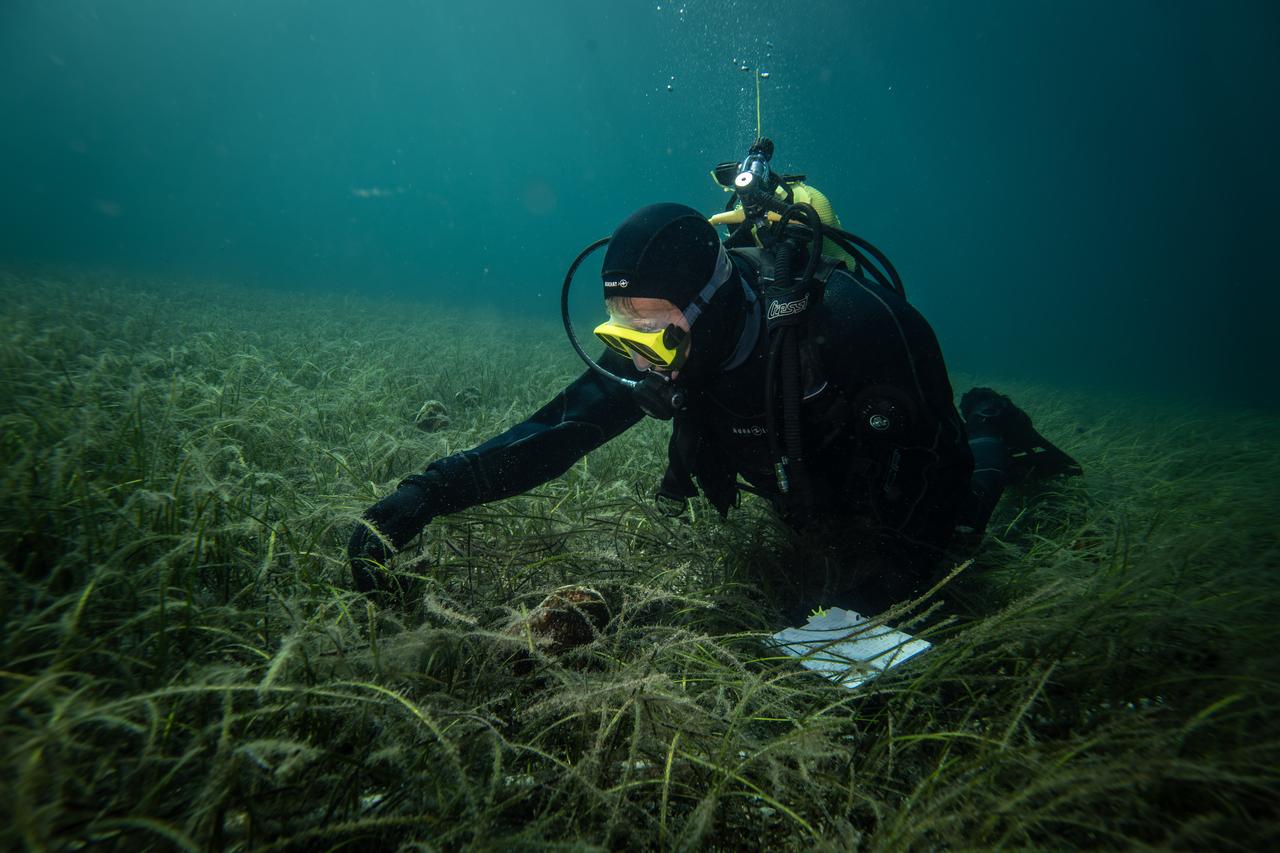
Once widespread across the Mediterranean, fan mussels—giant bivalves known scientifically as Pinna nobilis—now find their last refuge in the Sea of Marmara. Capable of filtering up to 6 liters of seawater every hour and living for as long as 50 years, these mussels play a vital role in maintaining marine health. After a parasitic outbreak between 2016 and 2019 wiped out populations from the Dardanelles to Gibraltar, Marmara’s surviving community became the only healthy population on Earth.
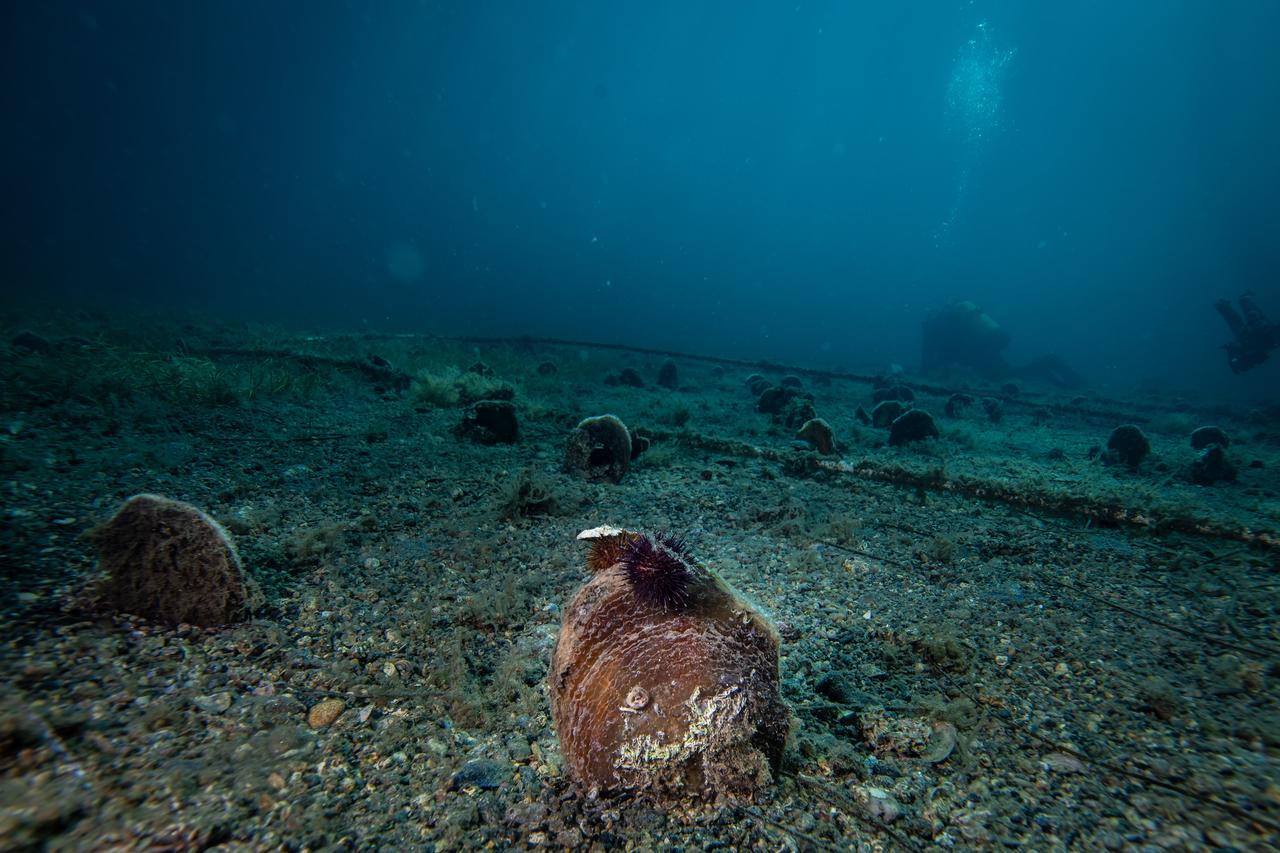
Following the MAR-PINA Project, which mapped mussel habitats along 1,300 kilometers of Marmara’s coastline, Türkiye’s Ministry of Environment, Urbanization and Climate Change and Bandirma Onyedi Eylul University launched PINA-IZ, a long-term monitoring initiative. The project tracks the mussels’ growth, reproduction, and survival while assessing threats from pollution, coastal construction, fishing nets, and uncontrolled tourism.
In a 200-square-meter area of the Erdek Bay, researchers marked 330 mussels and began monthly observations across eight monitoring stations. They measure larval density, new individuals, growth rates, and mortality—crucial data for understanding the health of this fragile population.
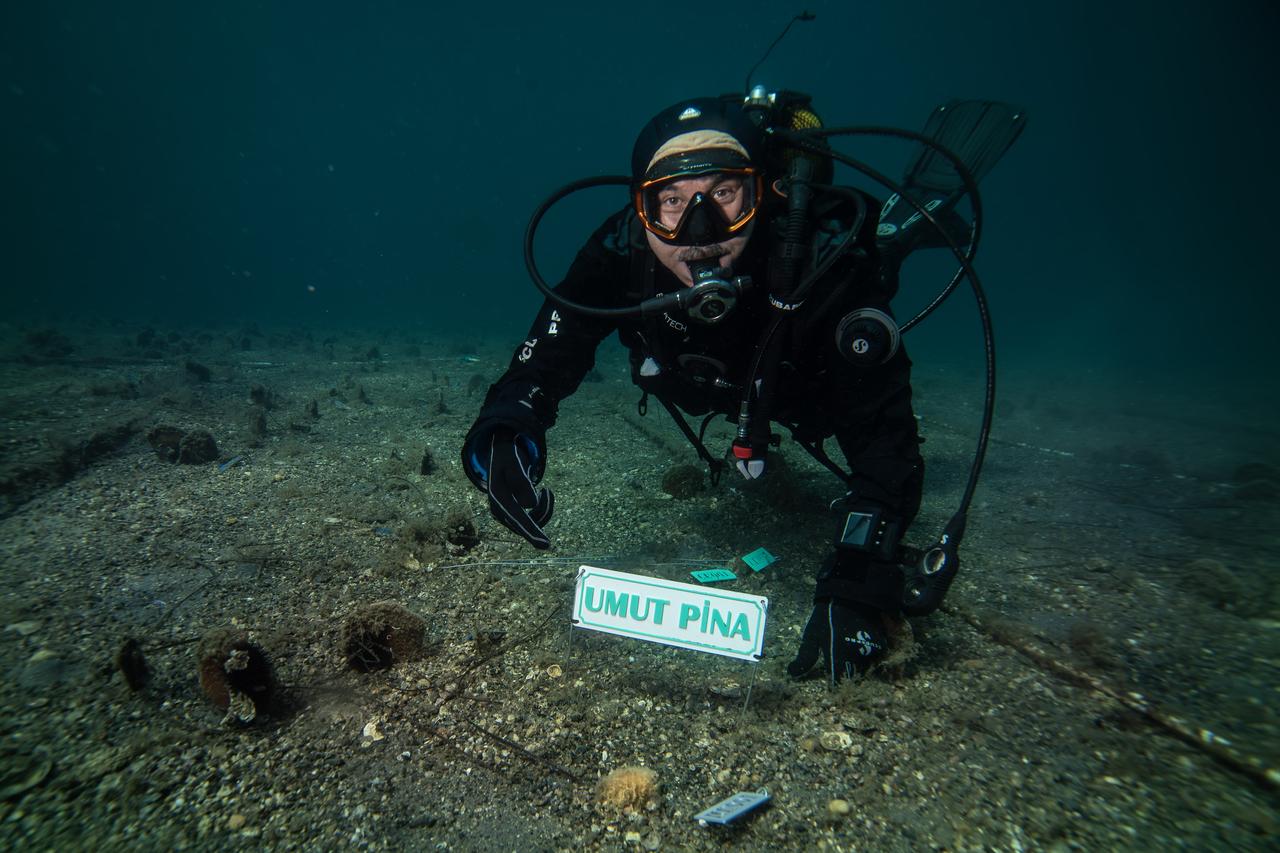
During a recent dive, Anadolu Agency journalists joined scientists underwater to document the progress. They reported that the number of baby fan mussels had increased from four in August to 10. The team placed a small sign reading “Umut Pina” (Hope Fan Mussel) next to the first juvenile found—a symbol of survival in a struggling ecosystem.
Professor Mustafa Sari from Bandirma Onyedi Eylul University emphasized that fan mussels act as “the sea’s natural purification system.” By filtering seawater and absorbing dissolved oxygen, they help sustain over a hundred other marine organisms that live or reproduce around them. “Marmara’s hope is the fan mussel, and the fan mussel’s hope is Marmara,” he said, stressing that the two must be protected together.
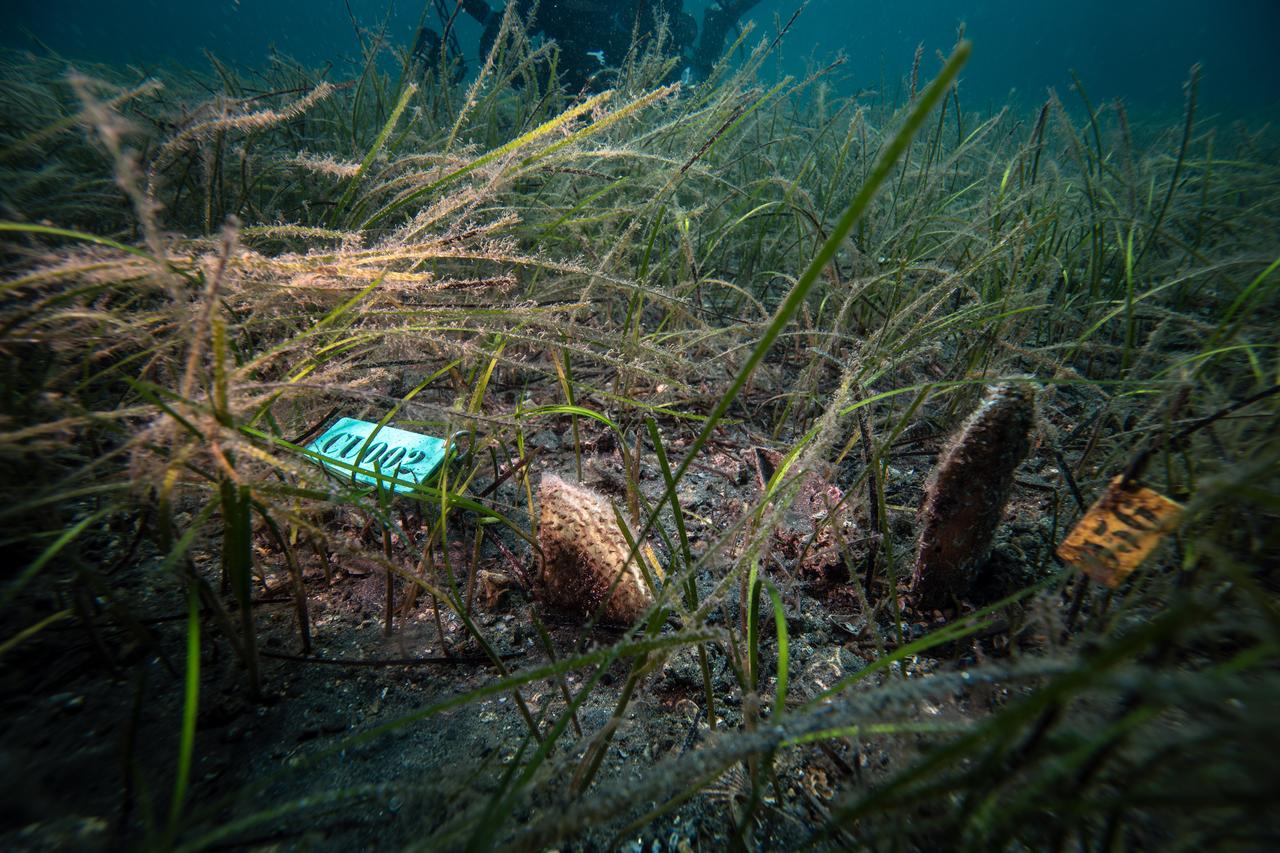
Sari explained that untreated wastewater and pollution have pushed Marmara’s ecosystem to the brink. Fan mussels, he noted, stepped in as natural allies after the 2021 mucilage crisis, filtering and cleaning the water where mechanical systems fail. Each mussel filters up to 150 liters of seawater daily—an invaluable contribution given the waste from millions of people and industrial sources entering the sea.
“While we cannot expect them to handle all the pollution alone,” Sari said, “they are vital partners in restoring the marine balance. But to help them help us, we must properly treat our wastewater.”
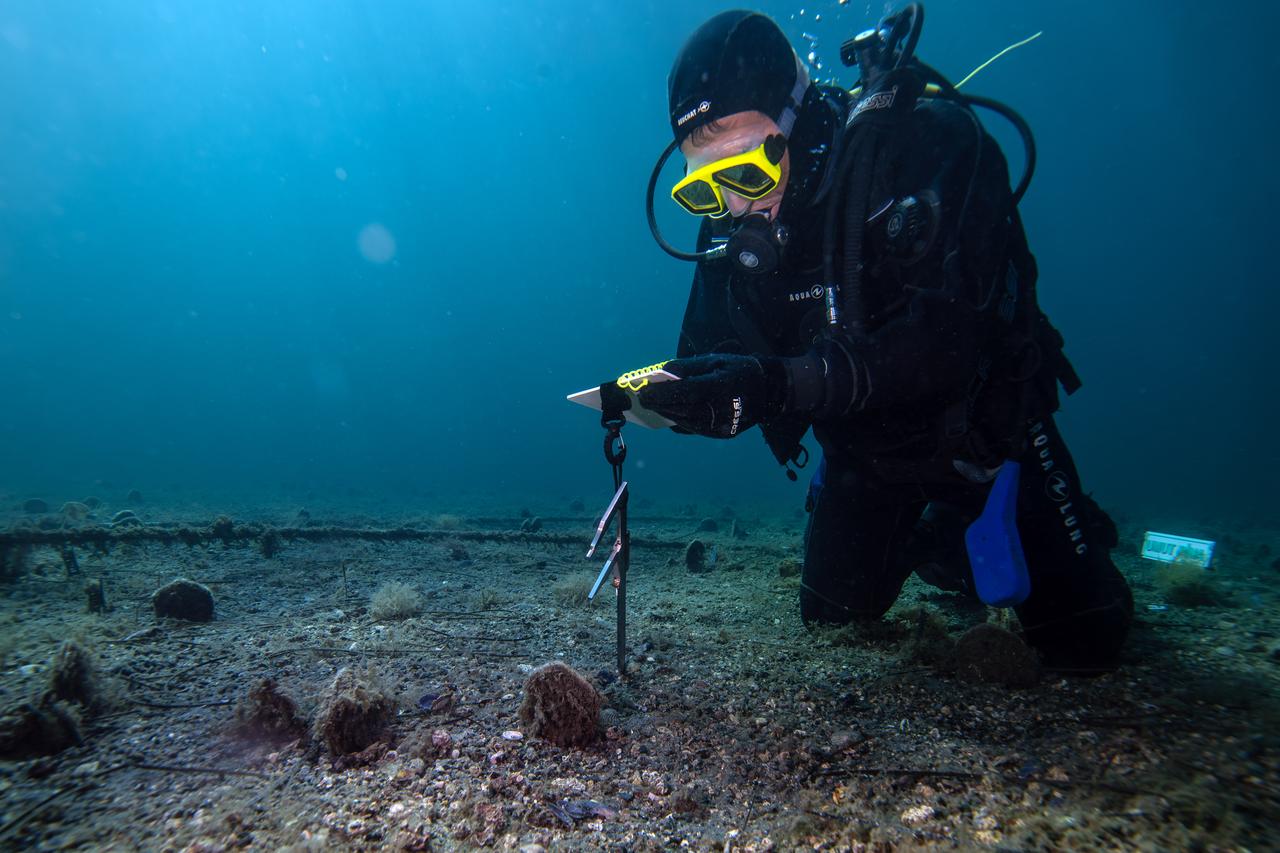
The researchers conduct seasonal surveys at eight stations across the Marmara, using detailed mapping to track where mussels live and where they are disappearing. The data collected will help form an emergency strategy in case a new disease spreads to Marmara—a scenario that could endanger the species entirely.
For now, the discovery of new juveniles offers rare optimism. “Those tiny mussels are clinging to life,” said Sari. “If they survive the pollution and sediment, they’ll grow into adults that can filter the sea and bring hope back to Marmara.”